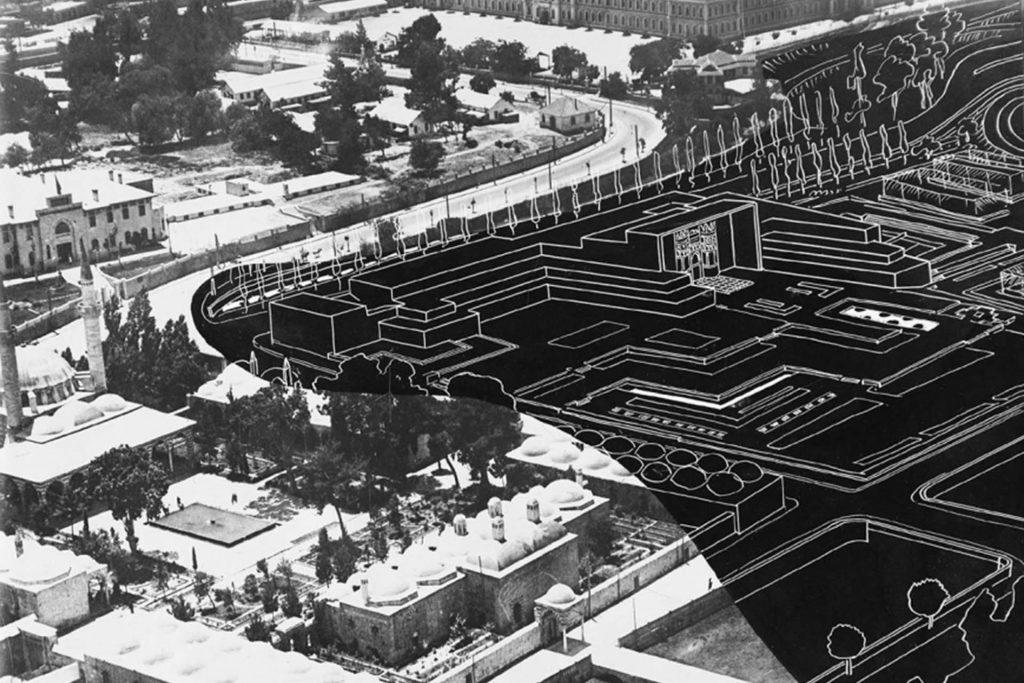The first PhD Seminar Series of the year took place earlier this week with Khaled Sedki presenting his research, ‘The role of architecture in the urban modernisation and social transformation of the historic city and the representations of time.’
This presentation gave an overview of a dissertation on French architect, archaeologist and planner, Michel Écochard, and his work in Damascus between 1931 and 1968. It focused on the ways in which the architect’s work had influenced the urban modernisation of the city in relation to social and cultural transformations, during this period, and explores, in reverse, the City’s impact over his views on architecture and the development of his concepts and methods. The study relates concepts of time-geography in understanding the role of architecture in the representation of time, and develops a method based on New-Historicism to produce a narrative of history which evades reduction and escapes canons and celebrates complexity and multiplicity. The aim of the presentation was to bring the subjects of this study out of anonymity and to share some ontological concerns about architecture and illustrate some of the methods and concepts used to tackle this and to invite others to participate in this exchange.

